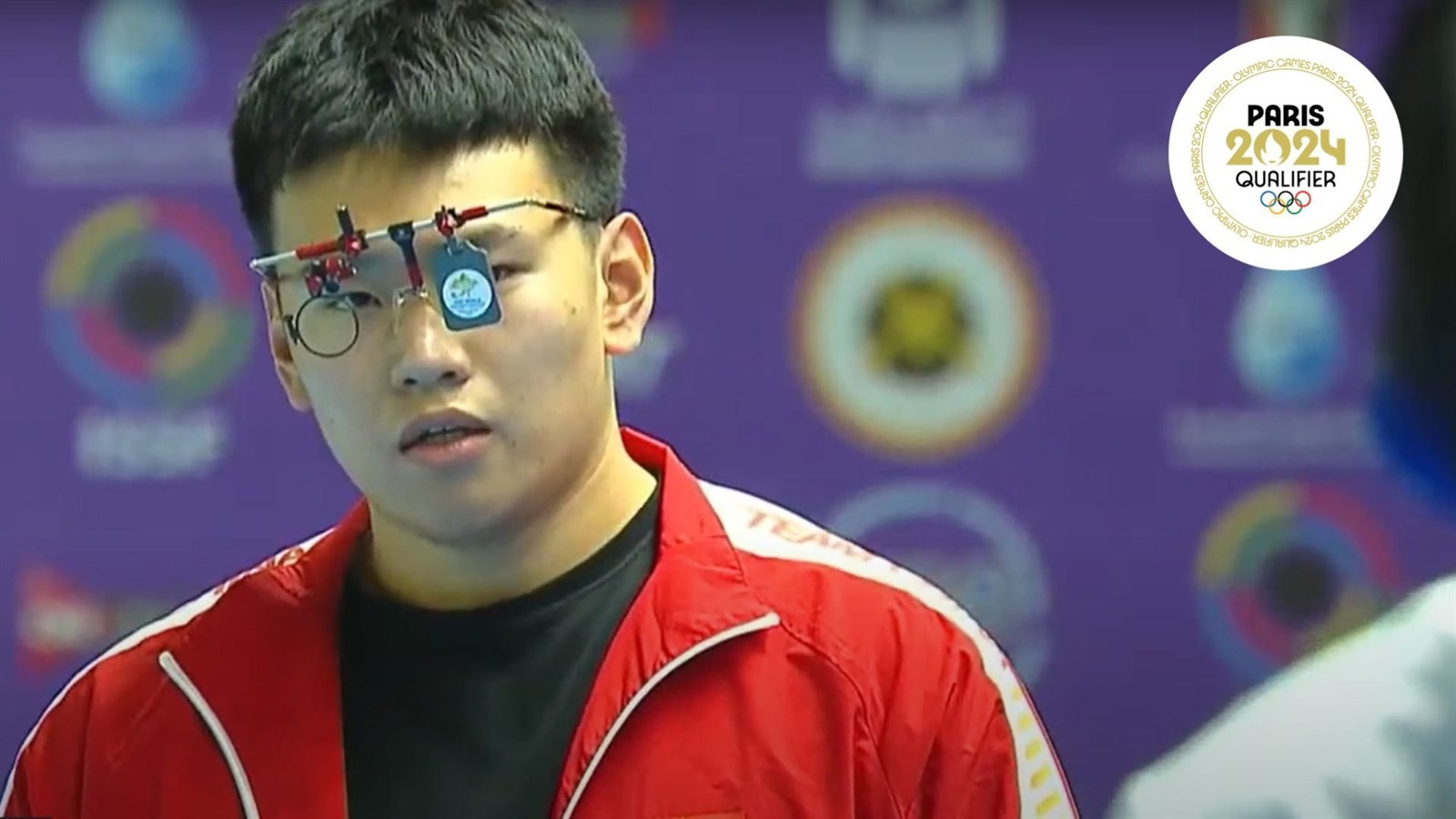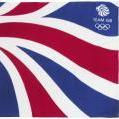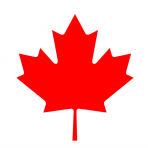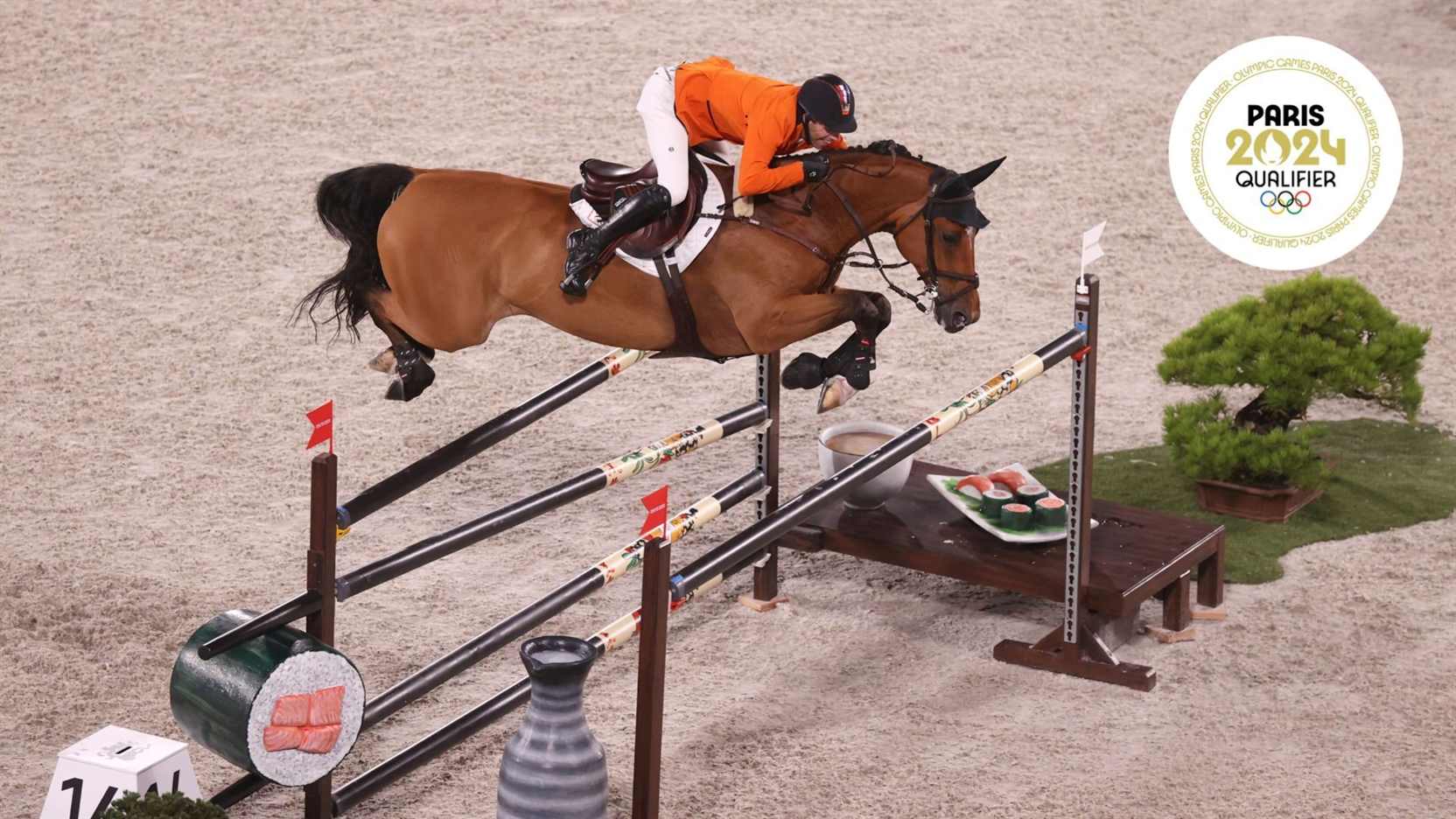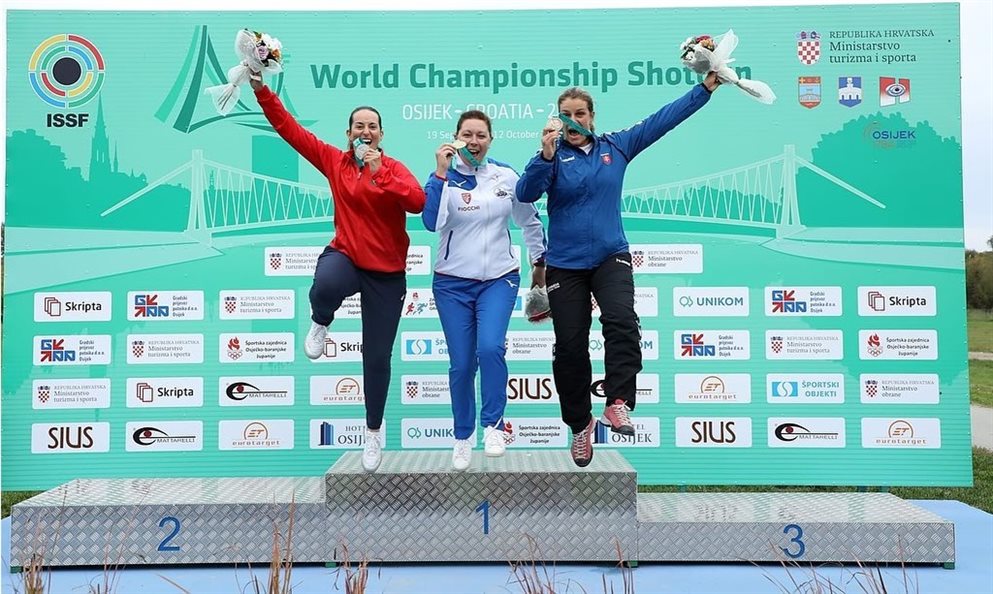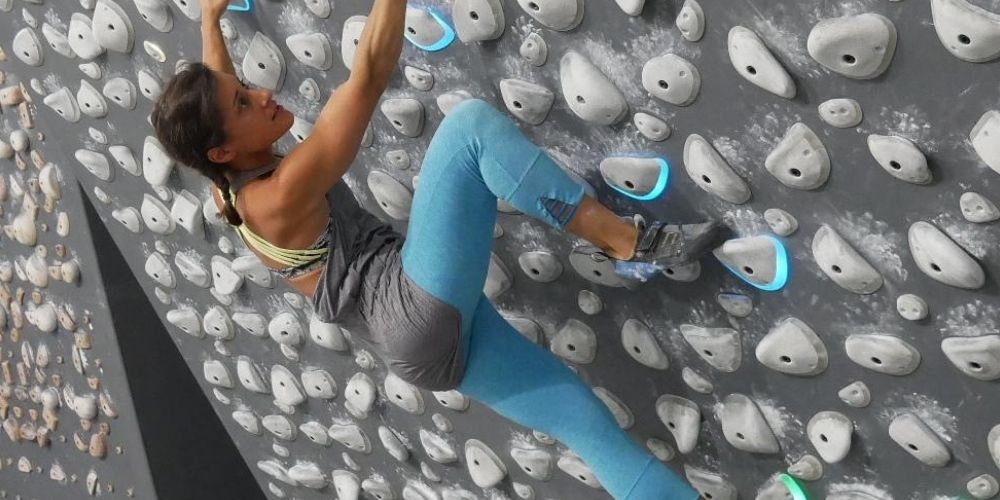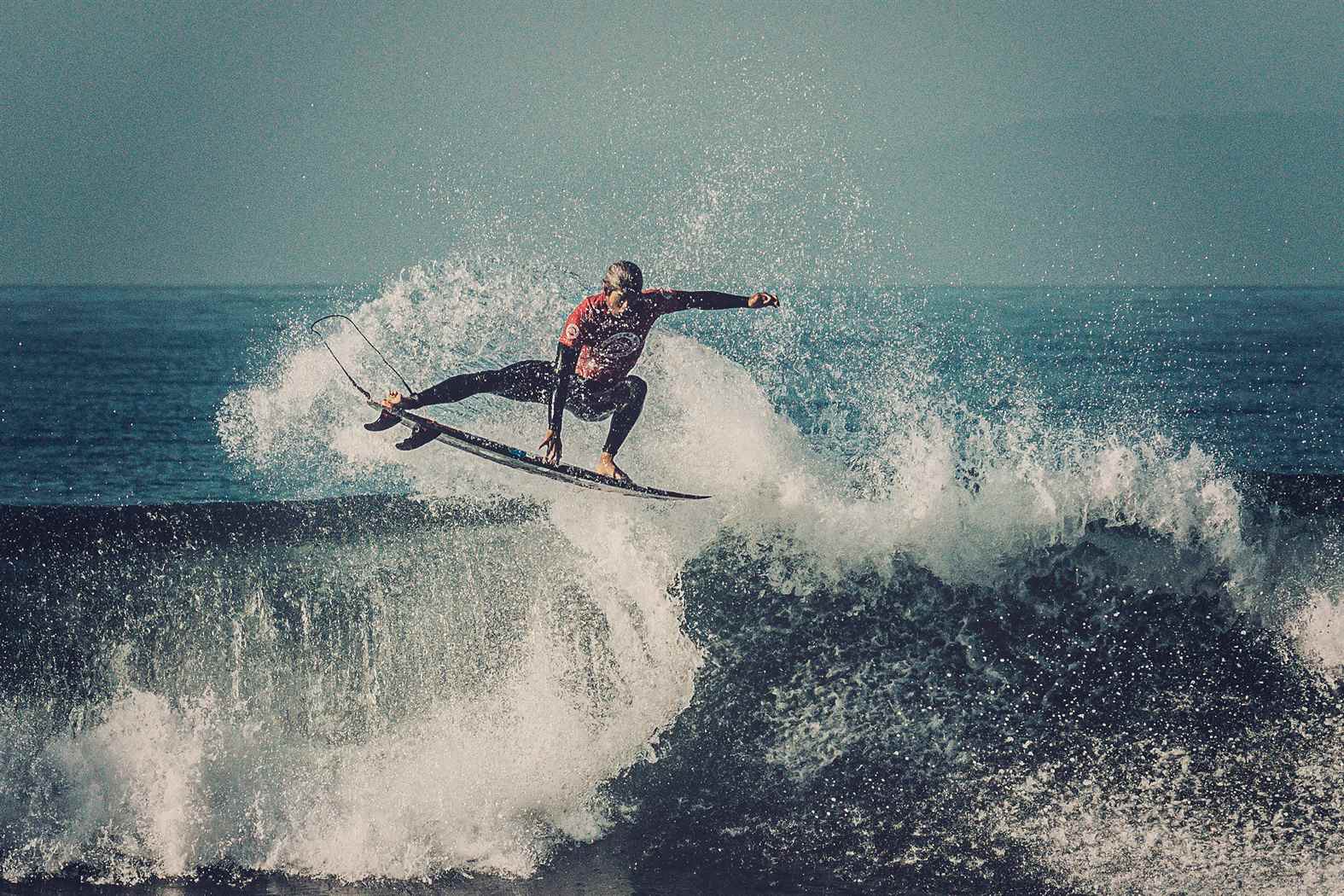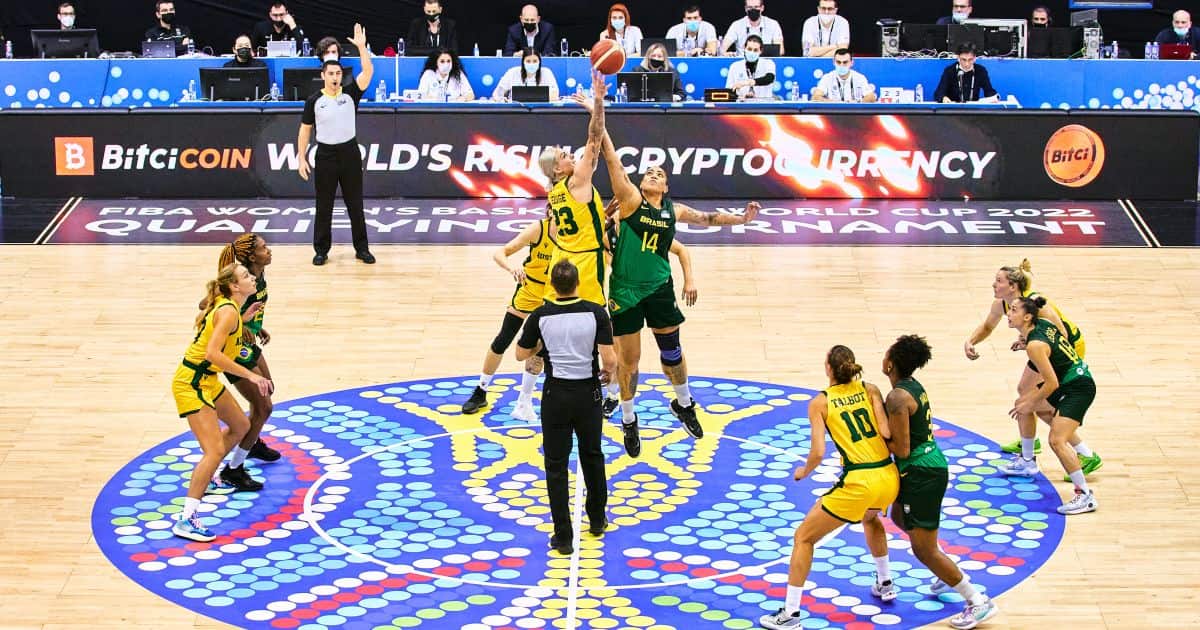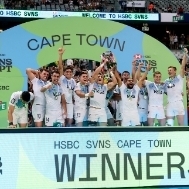In both the 10m Air Rifle and 10m Air Pistol events, for both men and women, the first four athletes would qualify a place, with the caveat of at most one per NOC. Qualifying one man and one woman would also guarantee a spot in the mixed team events for a particular event.
Starting on the men's side with the 10m Air Rifle, and 119 entered in total. In qualification, where there would be six series of ten shots each and the top eight would qualify, Rudrankksh Balasaheb Patil of India led with 633.9. Sheng Lihao of China was next on 633.2, ahead of Iranian Amir Mohammad Nekounam with 632.5. China's Yang Haoran was next with 632.1, with Danilo Dennis Sollazzo of Italy in fifth with 631.9. Kiran Ankush Jadhav was the second Indian with 630.6, with Alexis Renaud of France (630.1) and Jiri Privratsky from the Czech Republic (630.0) finishing the list, with Serhiy Kulish of Ukraine just missing out on 629.9.
The octet advanced to the ranking round where they would shoot at targets in series of five. After three series, the bottom two were eliminated and this would be repeated after four and five until two remained to go to the gold medal match. After three series it was Reynaud (154.9) and Jadhav (154.2) that were eliminated, with Privratsky (207.7) and Nekounam (207.2) eliminated after four. With the shooters pretty closely matched, Sollazzo hit a 53.1 in the final series to qualify top with 262.7, and Patil was in second with 261.9. Sheng nearly caught up with Patil but had to settle for bronze with 261.8, while Yang finished on 260.2.
The gold medal match is consisted of the two athletes taking turns to shoot one shot each. The more accurate shot will earn two points, with a tie yielding one each, and the winner is the first to reach sixteen points. After tying the first two shots, Sollazzo won the next two to lead 6-2, and extended that lead to 10-4. That lead was 13-9, but Patil took the next four to win it 17-13. Therefore, the first quotas go to India (Patil), Italy (Sollazzo), and China (Sheng). The next would ordinarily go to Yang, but as China have already claimed a quota in this event, it goes to the Czech Republic (Privratsky) instead.
Going to the 10m Air Pistol, where 128 entered, and there were six series of ten shots each, this time without decimal scoring. China's Zhang Yifan topped qualifying with 589 ahead of compatriot Zhang Bowen on 587, with Pakistan's Gulfam Joseph next on 586. Ukraine's Pavlo Korostylov was the top non-Asian on 584, with compatriot Viktor Bankin on 583 (26x) just ahead of India's Shiva Narwal on 583 (25x). Liu Jinyao was the third Chinese on 582 (23x), while Lee Wonho of South Korea got the final spot with 582 (20x), just ahead of India's Naveen Naveen on 582 (19x) and three shooters on 581. In the ranking match, the format was the same as the Air Rifle, with decimal scoring used. After three series it was Bankin (148.1) and Narwal (147.6) eliminated, while after four Zhang Bowen (200.0) and Joseph (198.4) were gone. After five the gap widened, with Zhang Yifan (254.4) and Liu (252.5) in the gold medal match, while Korostylov (251.0) and Lee (250.7) missed out. Therefore, it was Zhang Yifan against Liu for gold. Zhang opened up a 10-2 lead, but Liu came back to 10-8, before Zhang re-established supremacy with a 15-9 lead. However, remarkably, with Zhang just needing a point in his last four shots, Liu won all four to win a stunning 17-15 turnaround victory.
Therefore, the first quota went to China (Liu). Normally, the next would go to Zhang Yifan, but seeing as China already had a place, it went to Ukraine (Korostylov), with the next going to South Korea. Zhang Bowen was ineligible for the same reason, so Pakistan (Joseph) got the final spot.
On the women's side, and starting with the 10m Air Rifle, where 139 athletes entered, the USA's Alison Marie Weisz led qualification with 633.6, ahead of China's Wang Zhilin on 631.6, Keum Jihyeon of South Korea on 631.2, and Great Britain's Seonaid McIntosh on 630.6. Huang Yuting of China (630.4), Julia Ewa Piotrowska of Poland (630.2), Oceanne Muller of France (630.1) and Zhang Yu of China (630.0) got the final spots. In the ranking match, it was Wang (154.8) and Muller (153.1) who were eliminated first, with McIntosh just surviving on 154.9. It wouldn't last long however, with Keum (205.9) joining the Brit (205.4) who were significantly adrift and eliminated. Huang topped it easily on 264.5 ahead of Weisz on 261.3, with Zhang (260.1) and Piotrowska on (259.2) eliminated.
Thus, Huang took on Weisz for gold. Weisz took an 8-4 lead but Huang recovered to 12-12 and then a 14-12 lead. However, Weisz won the next two to take home the gold medal. Therefore, the first two spots went to the United States (Weisz) and China (Huang). With China having already got a place, Zhang was skipped and instead Poland (Piotrowska) got the next spot, with South Korea (Keum) getting the final one. This result confirms that China will have a place in the mixed team event, with Sheng Lihao qualifying in the men's event.
Finally, in the Women's 10m Air Pistol, China's Jiang Ranxin topped the qualifying list of 111 shooters with 591, with Zorana Arunovic of Serbia second with 590. Anna Korakaki of Greece was third with 585 (22x) alongside Kazakhstan's Irina Yunusmetova, also on 585 (17x). Chinese duo Li Xue and Lu Kaiman both had 584 (25x), with Li's nose in front due to total number of tens. Finally, Armenia's Elmira Karapetyan (582) and Ukraine's Olena Kostevych (580) got the final spots. In the ranking match, it was Jiang (149.4) and Kostevych (149.2) that were eliminated after three series. Karapetyan (200.9) and Yunusemtova (199.5) were eliminated after four. Li was in a good place to qualify but hit a 49.7 in the final series with only one of her shots getting above 10.0 shots, costing her a medal. It was Arunovic (253.9) and Li (253.0) that were eliminated, with Korakaki (255.6) and Lu (254.0) qualifying. In the gold medal match, Lu took an early 6-2 lead, then extended it to 14-6. Korakaki took the next two shots, but lost the next and Lu won gold with a 16-10 victory.
This means that the first quotas went to China (Lu), Greece (Korakaki), and Serbia (Arunovic). Li was ineligible to get the fourth one as China had already got a place. Therefore, the place went to Armenia (Karapetyan) instead. With Liu Jinyao qualifying in the men's event, that confirms China's place in the mixed team.
A great performance from the Chinese team and they will be delighted with that. The 25m and 50m come later this month, with the next chance to see these events at the CAT Championships next month in Lima, Peru.
Patrick Green
Writer, Totallympics News
1190
• 0

